Orthopaedic Physical Therapy Certificate Program
The Orthopaedic Physical Therapy Certificate Program is an online curriculum of post-professional didactic education for physical therapists. Enroll in a single course or complete the full five-course program to earn your certificate. Enhance your knowledge, clinical reasoning and psychomotor skills. Learn from board-certified faculty instructors with a combined 70 years of experience. Healthcare professionals experienced in rehabilitation of musculoskeletal diagnoses are encouraged to apply.
Courses are taught by the Johns Hopkins Hospital Orthopeadic Physical Therapy Residency faculty who have been recognized for their contributions to education, research and practice management. The faculty offer the highest caliber of training and an opportunity for students to become distinguished leaders in evidence-based orthopaedic and manual physical therapy practice.
Curriculum at a Glance
View curriculum
Individual Courses - $150 each
Enroll in individual or multiple courses
Self-paced and entirely online
Full Program - $500
Complete the full five-course program to earn your certificate
Self-paced and entirely online
Eligibility: Physical therapists who are graduates of an accredited physical therapy program and licensed in their current jurisdiction. Chiropractors, doctors of osteopathic medicine, sports therapists, occupational therapists and those in similar clinical roles are also encouraged to apply. please contact Julie Finocchiaro at [email protected] with inquiries related to eligibility.
Program Features
- Combination of didactic lectures, guided independent study and skill demonstration videos
- Asynchronous lectures that can be completed at your own pace
- Online assessments for each course
- Integration of the APTA’s Academy of Orthopedic Physical Therapy’s Clinical Practice Guidelines
Program Goals
- Establish evidence-informed practice principles
- Develop the content knowledge, clinical reasoning and psychomotor skills to confidently provide care for orthopedic medical conditions
- Promote life-long learning
Curriculum

Course 1: Effective Physical Therapy Practice
Course 1 delves into and tackles topics like clinical reasoning, evidence-based practice and medical screening. With an integrated, case-based final, you will demonstrate to the instructors how you have integrated current best evidence to determine whether a patient is safe to evaluate, needs to be referred and evaluated or just referred out due to concerns of a more serious pathology.
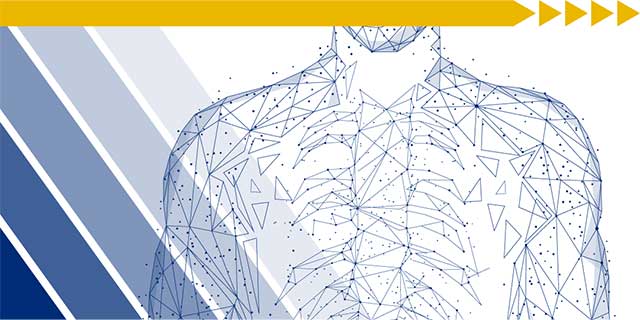
Course 2: Cervicothoracic
Course 2 focuses on the Academy of Orthopaedic Physical Therapy’s clinical practice guidelines on neck pain. Topics include mobility deficits, neck pain from headaches, neck pain with related upper extremity pain and TMJ dysfunction.
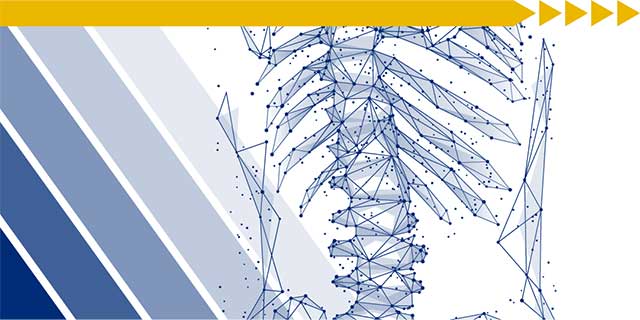
Course 3: Lumbopelvic
Course 3 focuses on the Academy of Orthopaedic Physical Therapy’s clinical practice guidelines on low back pain, acute and chronic low back pain. Topics include low back pain with mobility deficits, movement coordination impairments, related or radiating lower extremity pain, generalized pain and cognitive and affective disorders.
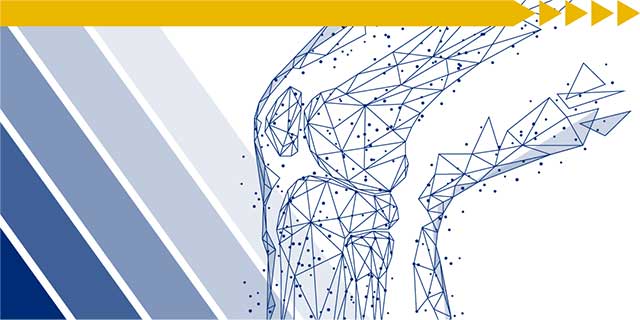
Course 4: Lower Quarter
Course 4 focuses on the Academy of Orthopaedic Physical Therapy’s clinical practice guidelines on the lower quarter. The course starts with the hip joint and in particular mobility deficits in the hip and the non-arthritic hip. The next topic is the knee and topics include patellar femoral pain, meniscal injuries, in particular cartilage injuries and ligamentous injuries. Last will be the foot and ankle covering Achilles tendon injuries, ankle sprains and heel pain.
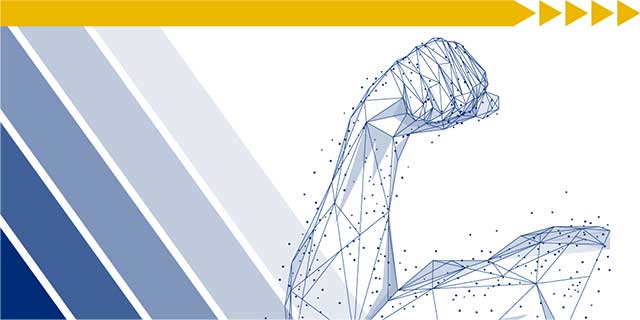
Course 5: Upper Quarter
Course 5 focuses on the Academy of Orthopaedic Physical Therapy’s clinical practice guidelines on the upper quarter. The course starts with shoulder joint, discussing shoulder pain with mobility deficits, movement coordination impairments and rotator cuff tears. Next will be elbow, wrist and hand, with a focus on mobility deficits, stiffness, movement coordination impairments, hand pain and sensory deficits.
Instructors
Ryan Cummings, PT, DPT, OCS, FAAOMPT

Kevin McLaughlin, PT, DPT, OCS, FAAOMPT
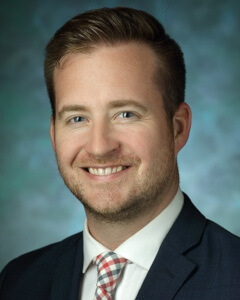
Julie Finocchiaro, PT, DPT, OCS, FAAOMPT

Andrew Kunin, PT, DPT, OCS, FAAOMPT

John Dale, PT, DPT, SCS, ATC, CSCS
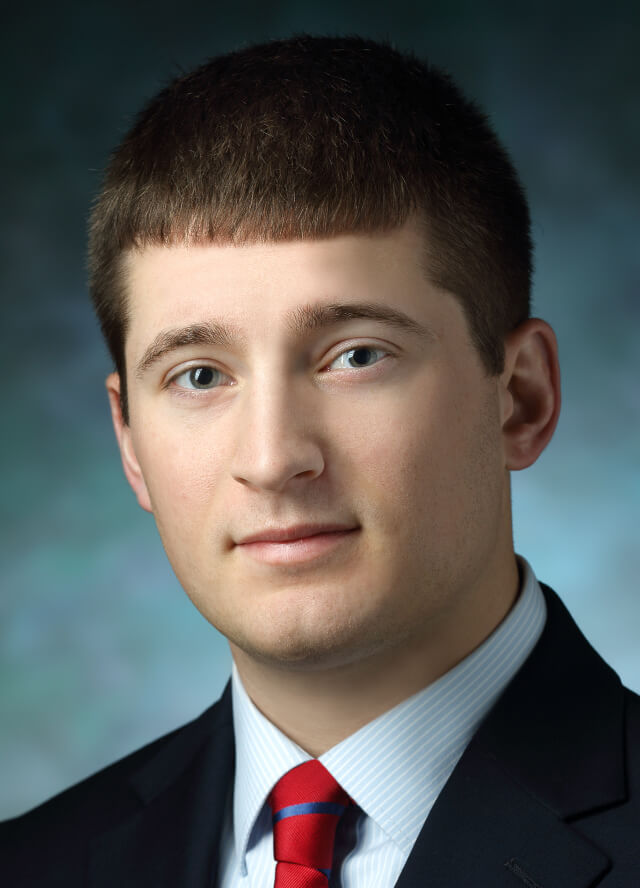
Ryerson Stinson, MOT, OTR/L, CHT

All instructors are either Fellows of the American Academy of Orthopaedic Manual Physical Therapist (FAAOMPT), Board-Certified Clinical Specialists in either Orthopaedic (OCS) or Sports Physical Therapy (SCS) or Certified Hand Therapists (CHT) by the Hand Therapy Certification Commission.
DISCLAIMER: The Johns Hopkins Orthopaedic Physical Therapy Certificate Program (the “Program”) is NOT specifically designed to serve as a preparatory course for the specialist examination for Board Certification in Orthopaedic Physical Therapy, and Johns Hopkins has no responsibility and disclaims all liability related to the success or lack there-of on such examination by Program participants. Moreover, the Program is available to participants of varying clinical backgrounds, and completion of the Program does not qualify a participant to practice as an orthopaedic physical therapist. Participants are advised to comply with the scope of practice for their specialty as defined by the licensure authority in their jurisdiction, and/or the applicable regulations set forth by the state or country where participant practices. Participation in the Program is evidence of the participant’s acknowledgment and agreement with the foregoing statements.
